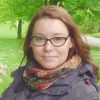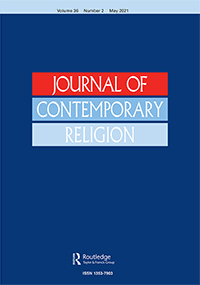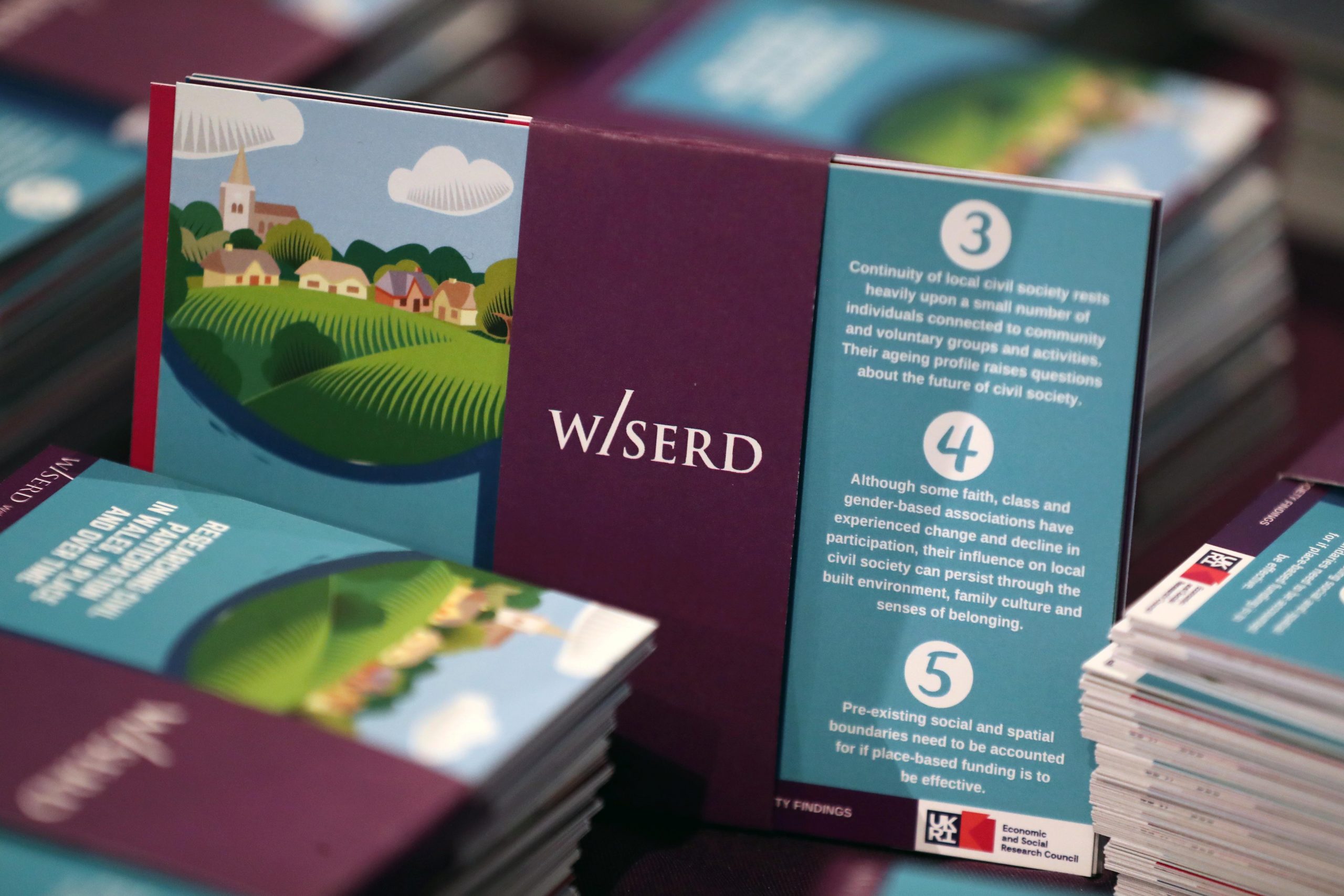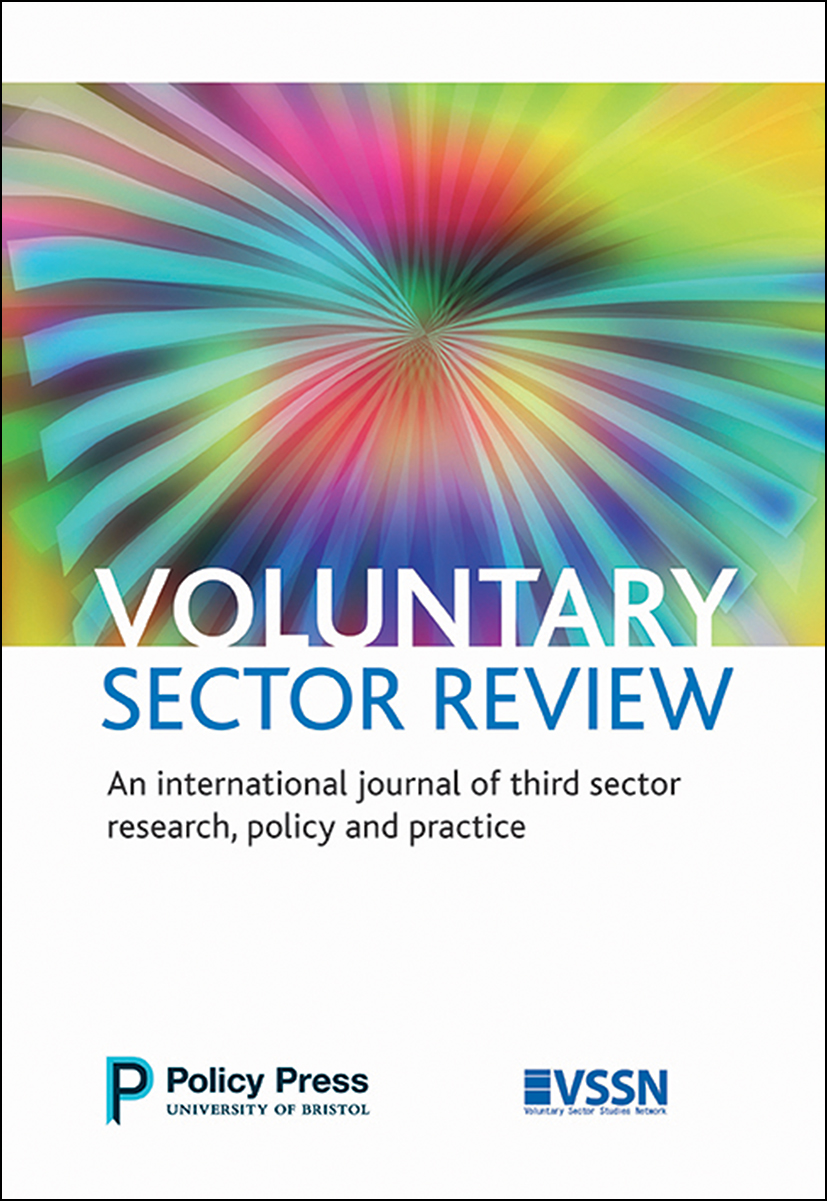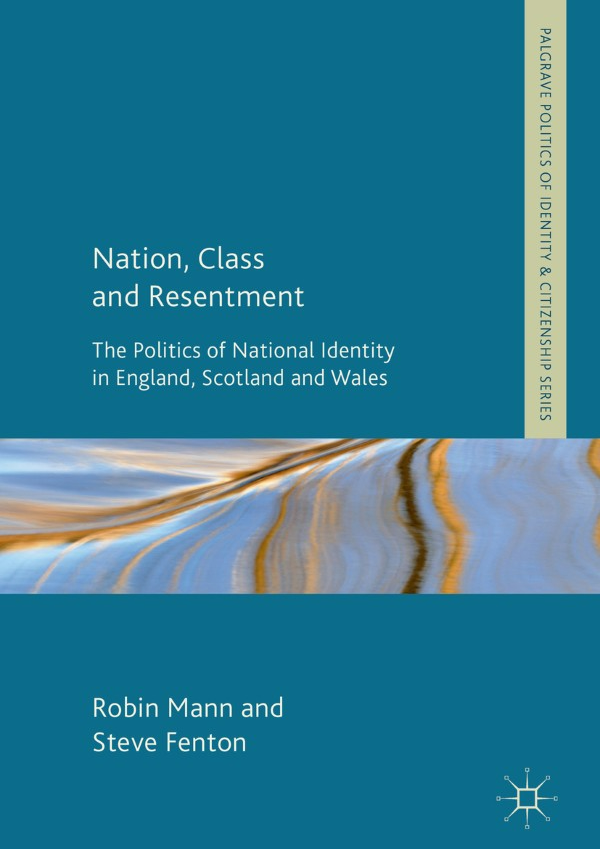Overview
This project has examined experiences of participation at the local level and what they tell us about the changing patterns of mobilisation in particular places in Wales. Fieldwork took place in North and South Wales in three stages. 1. Mapping local level civil society groups. 2. Life history/narrative interviews, which will capture experiences and biographies of key individuals who run local associations and who work to involve others. 3. Participant observation of activities at each site. We payed particular attention to trust in social organisations, and how social identities and inequalities shape local civic relations.
The team conducted 30 individual interviews and 4 focus groups. Data collection took place at two contrasting locations: one in the largely rural and Welsh speaking area of North West Wales, the other in industrial South Wales. One site was relatively prosperous and socioeconomically advantaged town whilst the second was a town which has experienced high levels of social and economic deprivation.
Research Questions
- What kinds of local civil society activities exist and what are their social and demographic determinants? – How do civil society actors and organisations relate to communities experiencing structural inequalities?
- Why are some types of activity flourishing and others in decline? Do such types have discernible pathways – such as under threat or thriving?
- What has happened to those groups less suited to the contemporary period? Have these been replaced by others?
Outputs
- A monograph on locality, community and civil society to be published with Routledge;
- Four articles in international journals including Sociology, British Journal of Sociology, Critical Social Policy, Journal of Rural Studies.
- The research was dissemination via one UK and one International conference: the 2017 British Sociological Association Conference. And the ISA World Forum of Sociology 2016 (Venue tbc).
- The project and its findings were presented annually at WISERD conferences in 2015, 2016 and 2017.
- Interim and emergent findings will be published via the WISERD website in the form of working papers and methods briefings
- A policy briefing document
- A presentation to the Welsh Assembly Government and other policy makers via an evidence symposia event on the meanings of participation
- A workshop at Bangor University involving research participants, researchers, stakeholders and students



